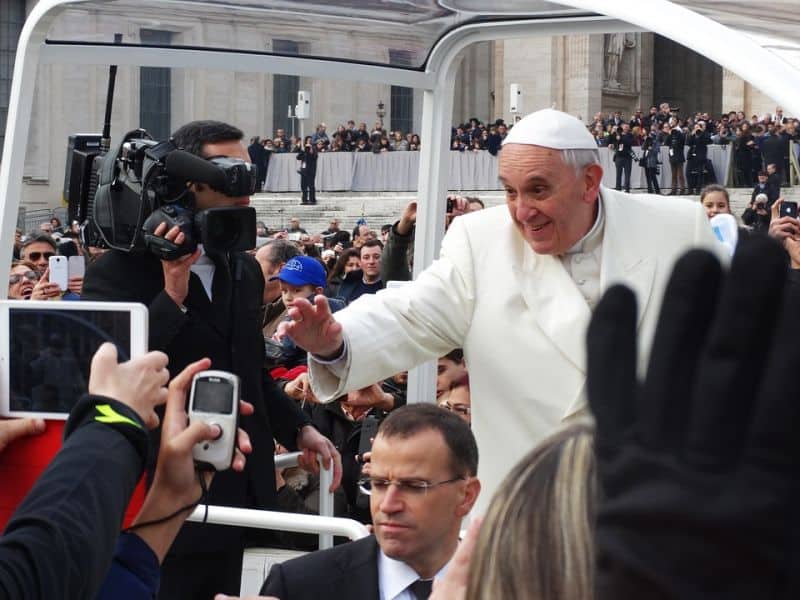Yangon: The “moral authority” of Pope Francis is undiminished despite his failure to address the Rohingya crisis head-on during a visit to Myanmar, the Vatican said late today, defending a papal trip framed by the plight of the Muslim minority.
The UN and US say the Rohingya are victims of an ethnic cleansing campaign by Myanmar’s military that has sent 620,000 of them fleeing into Bangladesh since late August.
Francis has previously spoken out strongly in defence of the Muslim group, calling them his “brothers and sisters” and rights groups had urged him to publically confront Myanmar on its treatment of the minority.
In a vigorous defence of the visit — the first ever by a pope to Myanmar’s tiny Catholic minority — a Vatican spokesman said papal diplomacy had its limits.
“People are not expected to solve impossible problems and the moral authority of the pope stands,” Vatican spokesman Greg Burke told reporters at the tail end of a four-day trip to Myanmar.
“I’m very happy that people think the pope is all powerful but he’s not.”
His visit has been as much political as religious in a country on the defensive after global outrage over the plight of the Rohingya.
Myanmar’s Catholic church had urged the pope not to stray into the incendiary issue of the Rohingya, whose very name is unacceptable in a Buddhist-majority where they are denigrated as illegal “Bengali” immigrants.
But “that doesn’t take away anything that the pope has said in the past nor what the pope can say in private,” Burke added.
The pope has met in private civilian leader Aung San Suu Kyi and Myanmar’s powerful army chief Min Aung Hlaing — an appointment, the Vatican said, was requested at the last- minute by the army.
Earlier today, Francis called on Myanmar’s top Buddhist monks to conquer “prejudice and hatred” in a country ravaged by communal divisions.
“If we are to be united, as is our purpose, we need to surmount all forms of misunderstanding, intolerance, prejudice and hatred,” the pope told the orange-robed monks of Myanmar’s highest Buddhist body, called the Sangha Maha Nayka.
Radical monks have played a key role in fanning Islamophobia in Myanmar and hardening attitudes towards the Rohingya.
In recent months the Sangha has moved to rein them in, especially in banning sermons by Wirathu — a monk whose vitriolic rants were widely disseminated via social media.
Myanmar’s Catholic community numbers around 700,000 — a tiny fraction of the country’s 51 million people.
For them the centrepiece of the papal trip was an open- air mass on Wednesday morning in which he delivered a message of forgiveness before a sea of Catholics in Yangon.
Many wore colourful costumes from the country’s myriad ethnic groups.
“I never dreamed I would see him in my lifetime,” said Meo, an 81-year-old from the Akha minority in Shan state.
A choir of Myanmar nuns sang in Latin, accompanied by organ music, as Francis delivered a homily urging compassion — opening his speech with “minglabar”, Burmese for “hello”.

